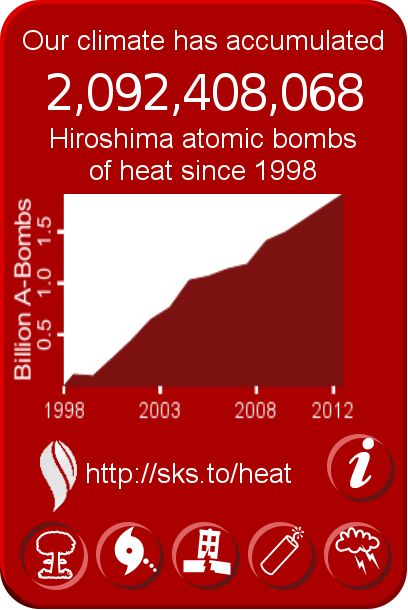But I wasn't asking about cost, I was specifically asking about who sees the benefit of those lower claimed costs....the utilities, the regulators, the contractors building the new infrastructure or the consumers who only see the "it really is cheaper!" slogans meant to get them on board with being able to have their cake and eat it to.
The benefit of lower costs of renewables is mainly for renewable installers, that get to install a lot more renewables. In the long run, for consumers in the sense I mentioned before, that if they stayed with fossil fuels in the long run the cost of electricity would go up a lot more.
As for slogans to get consumers on board, I wonder why they need to be on board at all. Consumers don't concern themselves with the details of most industrial processes. Sure, they may want to understand why electricity prices go up if they do and they deserve to know, but it isn't as if they can realistically do anything about it except try to save electricity when it's expensive.
Completely relative doesn't work in the real world.
All right, then what I meant is that renewables aren't cheap.
Which is why I am asking about cost to the consumer, and whether or not you have any examples of how renewable energy infrastructure has had its lower costs passed along to the consumer.
Why do you think any lower costs of renewables should be passed on to the consumer at all? Because in the USA, everything has to claim to be for the consumer?
Pretty much Ehrlich's bet with an economist. And he lost.
So Ehrlich had bad timing with his bet. But if he had chosen longer timing, he would have won.
Scarcity doesn't work out as often as claimed exactly because of conservation and substitution
If you want to encourage conservation, then why do you want lower costs for the consumer? As for substitution, that's exactly what happens when you substitute fossil fuels with other energy sources.
Or they'll build nukes, because anyone who knows how supply/demand/price curves work can't preclude any electricity generating system they don't like once scarcity in one area allows the supply/demand curve to shift price to the next step in the resource cost curve, in this case, of electrical generation. And nukes are jim dandy great for that.
Nuclear is great in the short term, but it isn't renewable. So in the long run, even in those places that build nuclear, they will have to switch to renewables, too.













